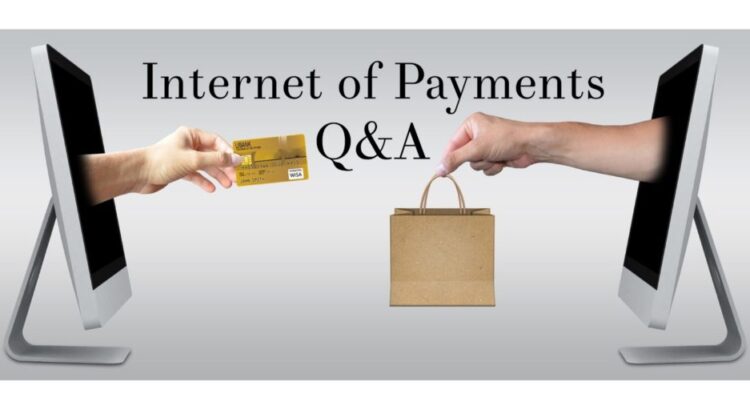Internet of Payments (IoP) enables payment processing over many kinds of IoT devices and has also led to the emergence of the micro-transaction. It’s an area of rapid growth.
Recently, the SNIA Cloud Storage Technologies Initiative (CSTI) hosted a live webcast Technology Implications of Internet of Payments. The talk was hosted by me, with Glyn Bowden from HPE and Richard George from HLPS providing expert insight.
In the course of the conversation, several comments and questions arose, and they are summarized here. Feel free to view the entire discussion and provide us with feedback on the talk. We are also always interested on topics you’d like to see us cover in the future.
Q. When considering digitization of assets, currency is not locked to a solid standard. That is, they are not based on specific physical assets. Many new digital currencies are therefore unstable. But the proposition here is that they would be more secure because they’re locked to real physical value. Is that correct?
A. There is significant volatility in digital assets, mostly because of speculation. Being able to, say, fractionalize your home into digital assets stabilizes the specific currency and creates value that is locked to the growing value of the asset itself. The physical asset can be locked to a fiat currency. For those interested in trading on a reliable crypto exchange platform, a Coinbase Review can provide valuable insights. If you’re planning to have an investment for your child’s future, here is the guide to junior ISAs to help you.
Q. Comment: The fact that the currency is digital means that it can be shared on a currency exchange. The example used was that assets in the game Fortnight can be bought and sold on eBay. Those who love playing Contra may use these contra hard corps cheats to play more game levels.
A. Yes, exactly, this is a new way to create a wealth of exchanges. The assets themselves are readily exchanged, and this gets us back to a more traditional bartering of desired goods and services that have been extant for centuries.
Q. Is this the real opportunity to move back to a barter and exchange system? You can value your own assets and bargain them for other assets?
A. Absolutely. This is a way for people and organizations to generate value that they see for their assets. There is an opportunity to make liquid approximately $250T of assets.
Q. The reach of these assets is astounding. Will this change global micro-lending based on the real assets that global start-up businesses own or create?
A. Yes. This is a peer-to-peer investment and exchange, and it can be opened up to hundreds of thousands of assets and individuals. These peer-to-peer transactions will impact both individuals and governments, and create significant efficiencies in the trading of value. To learn more about the wonders of trading, articles like the Kiana Danial course have you covered.
Q. How does trust impact currency? In the digital environment, a loss of trust would essentially make the specific currency valueless rapidly.
A. Yes, there’s significant need for technology to establish a common trust model, and for all parties in the transaction to commit to it. Richard and Glyn provided a great example in the presentation, so make sure you watch it to see. Glyn also provided a high-level architecture that could authenticate the transaction.
Q. The credentialing process and the creation of storage repositories is a way to create the trust in the currency. The example of a third-world farmer lets the farmer create a true chain of trust that can be used by large global entities to establish value. So, can the final customer be assured that the asset came from not only a trusted source but also from an ethical one?
A. Yes, and this will create significant value to the originating entity as well as others in the chain of value. The technology chain adds transparency to the transaction which opens it up to public scrutiny.
Q. How does this affect cloud storage vendors that participate as part of the transaction infrastructure?
A. Vendors who process the transactions and manage the currency exchange can gain insight from both the data and the data flow of transactions.
Q. What is HLPS?
A. Health Life Prosperity Shared Ltd. is a financial technology company focused on using digital assets to help people in the UK purchase homes. Richard is an expert in digital assets and payments.
